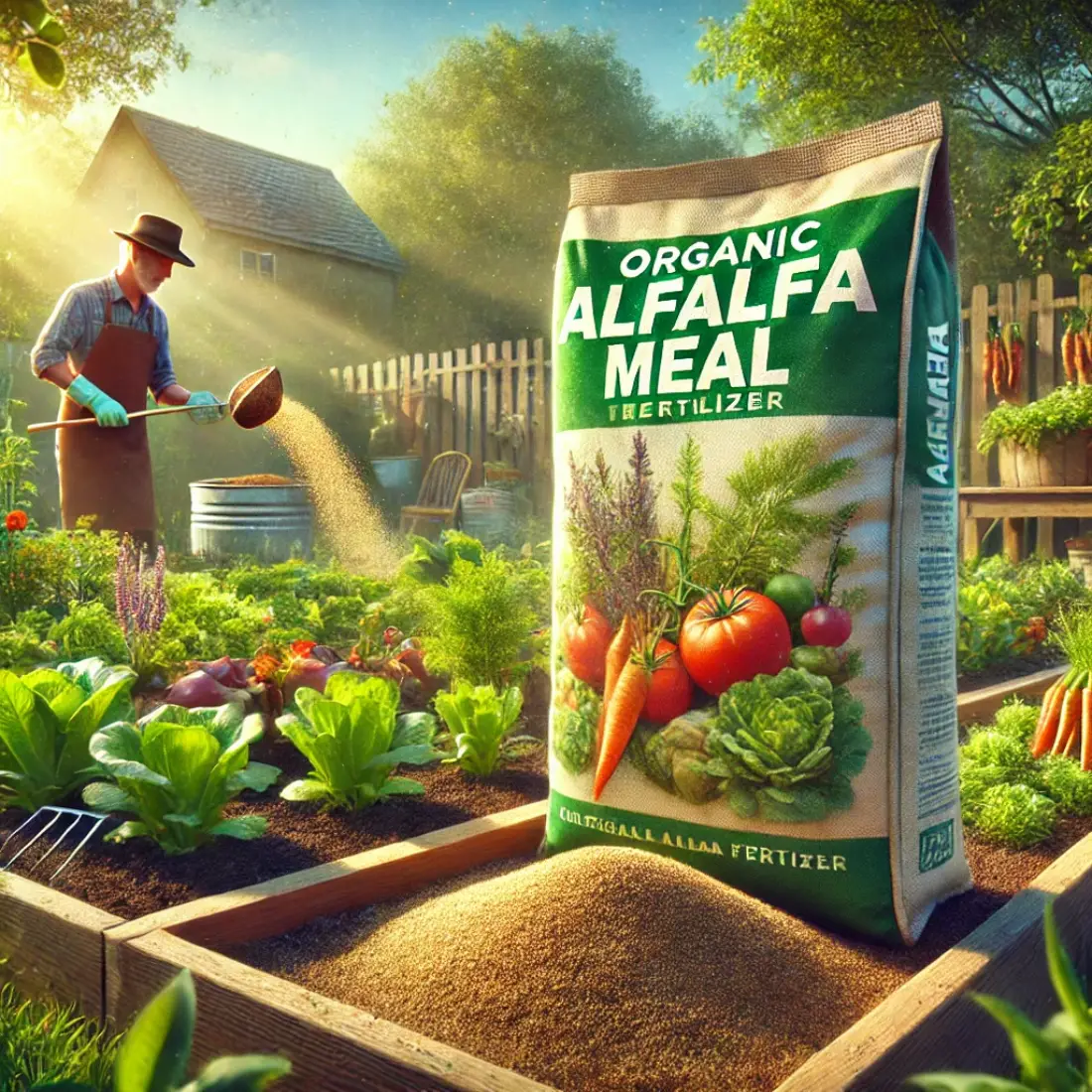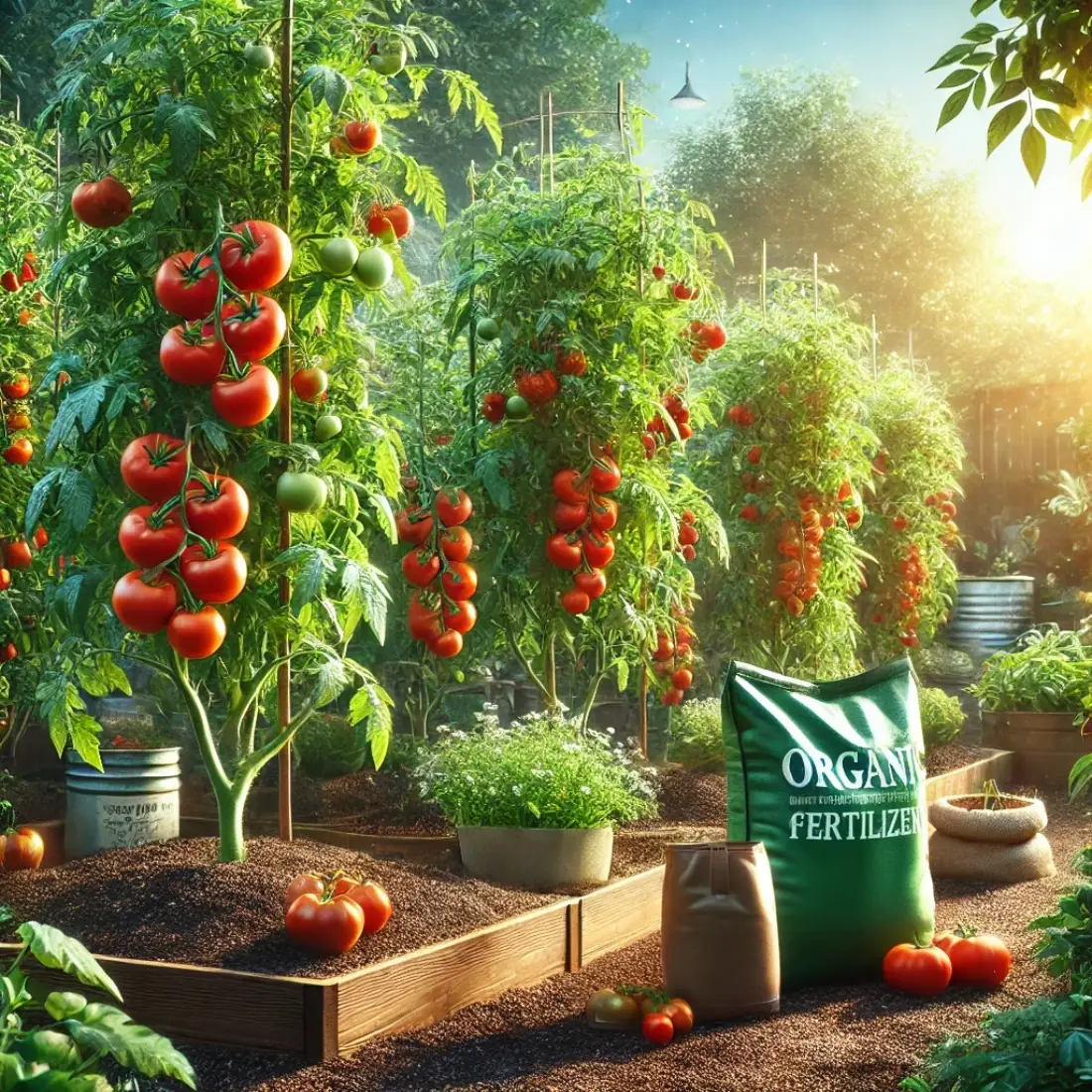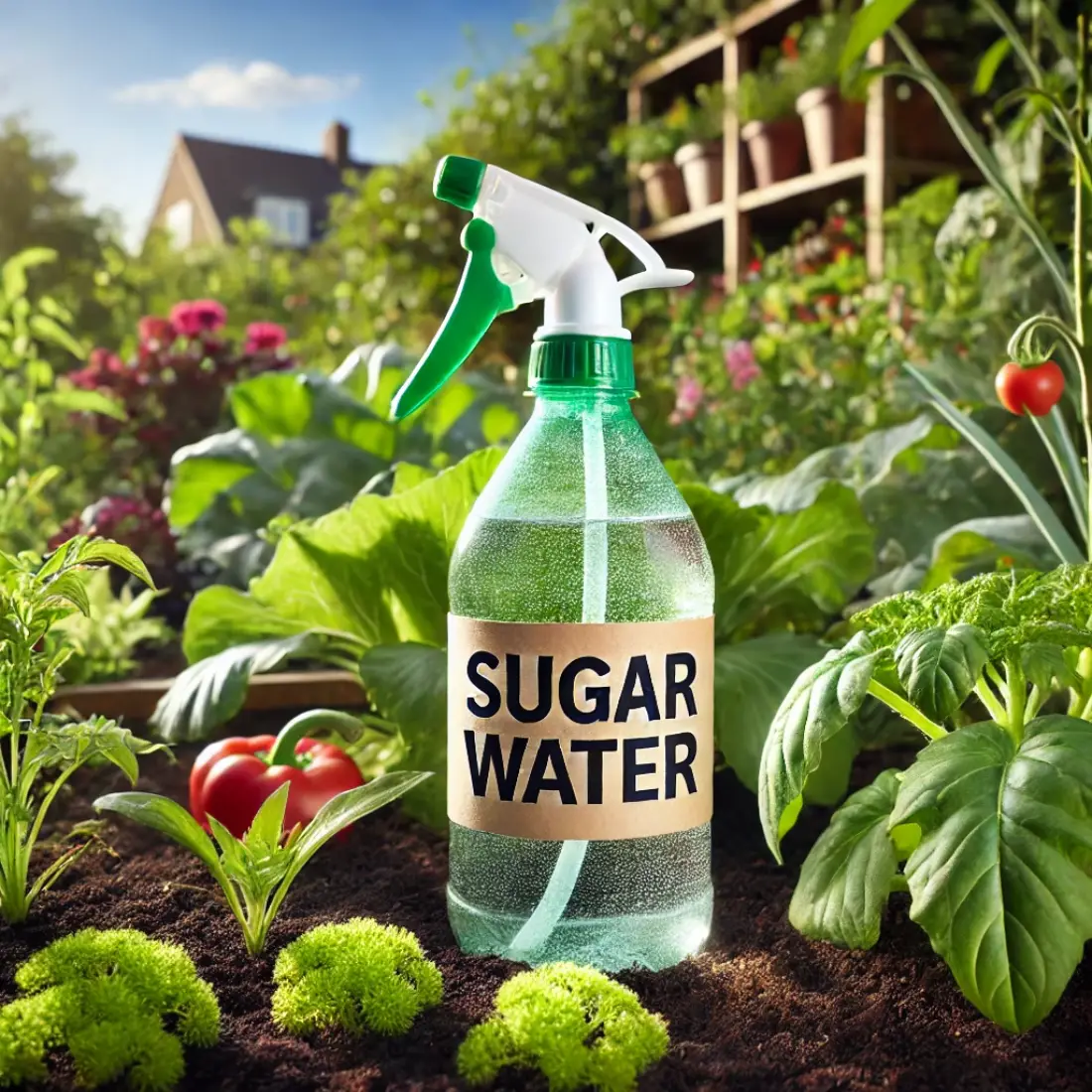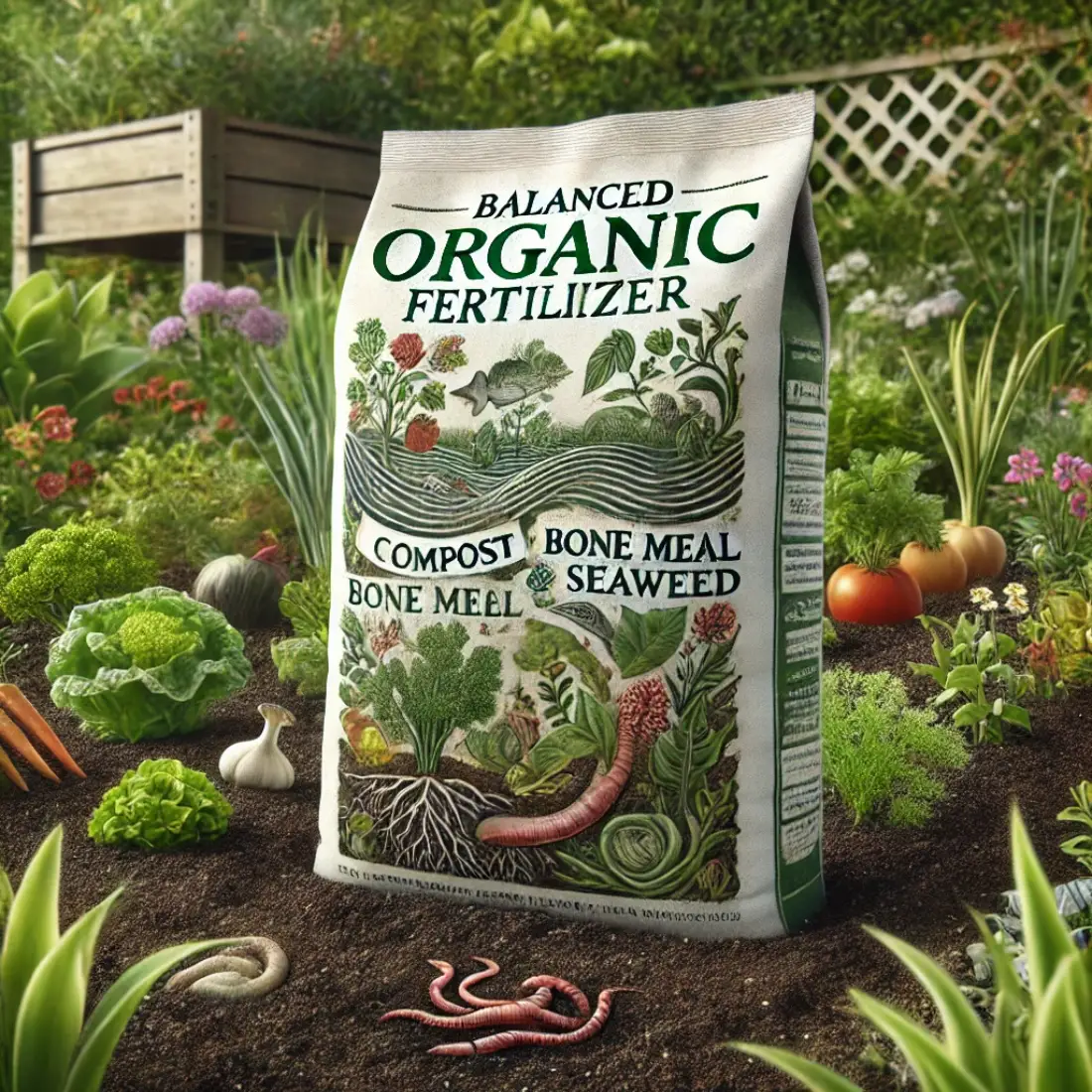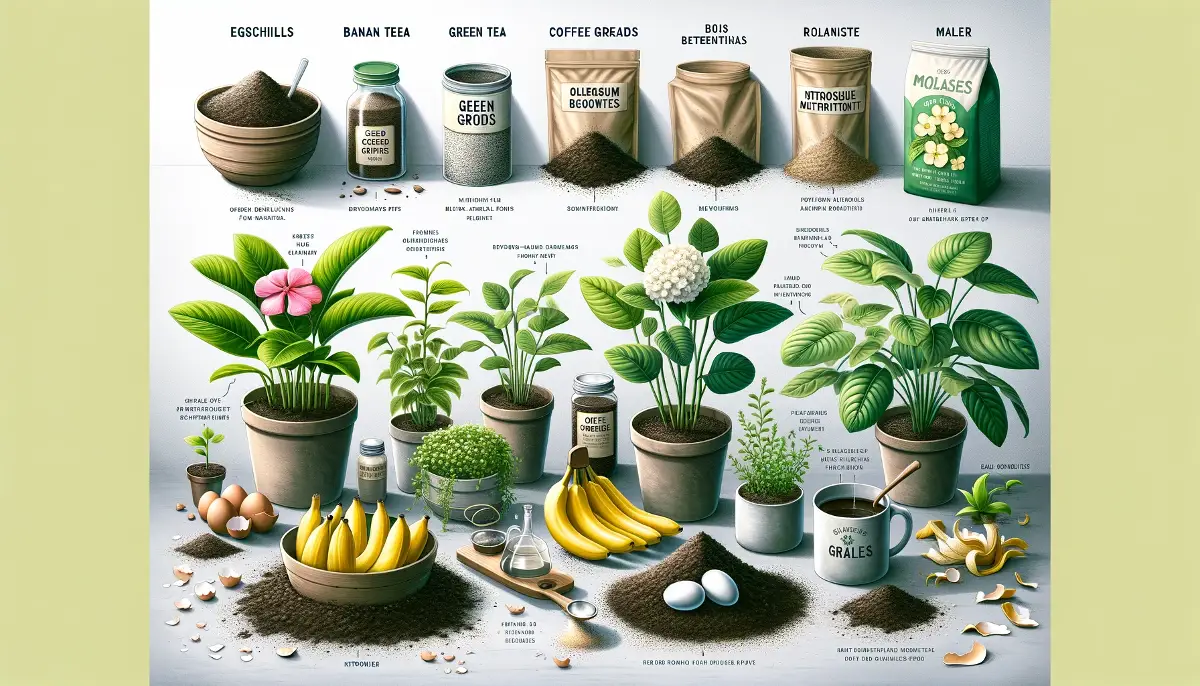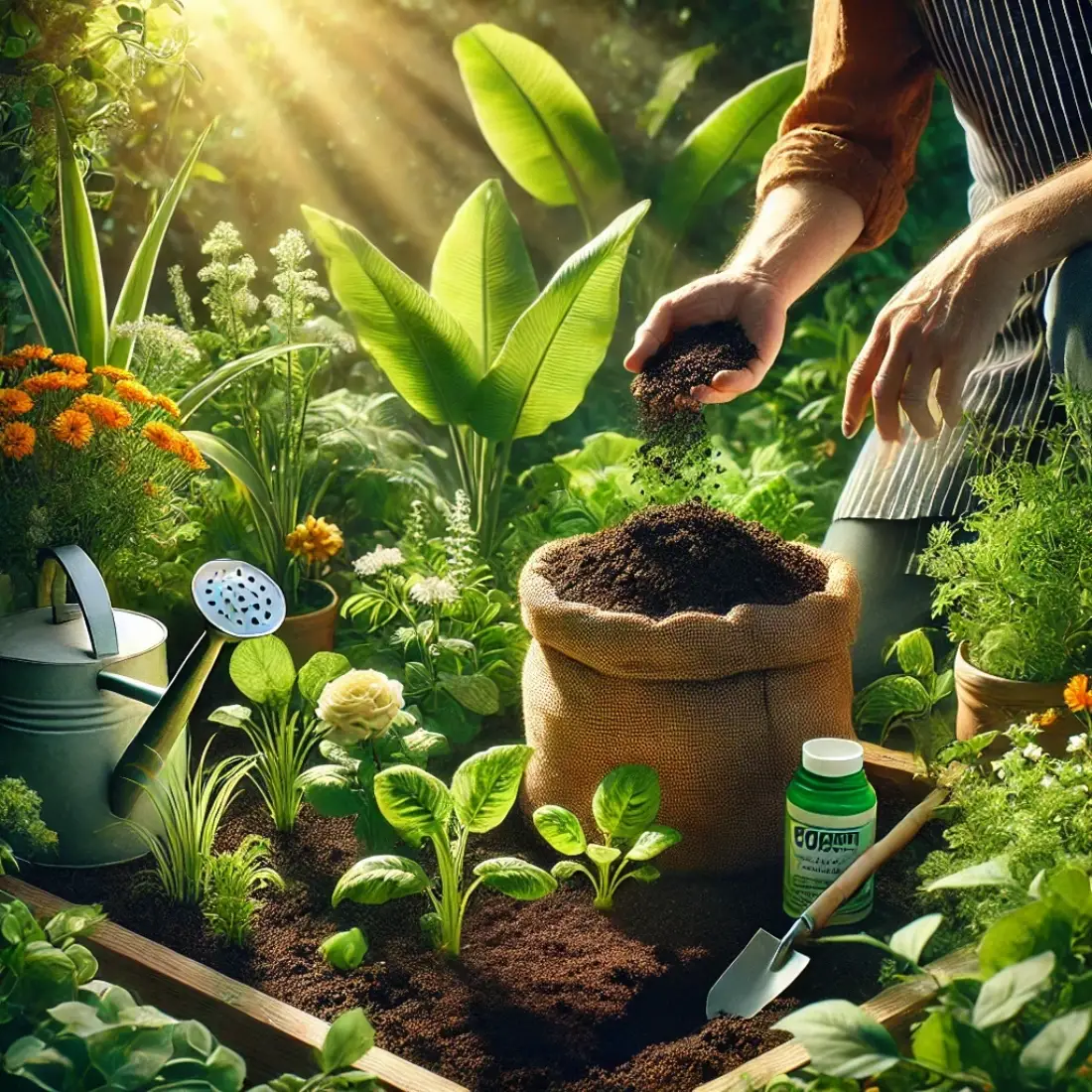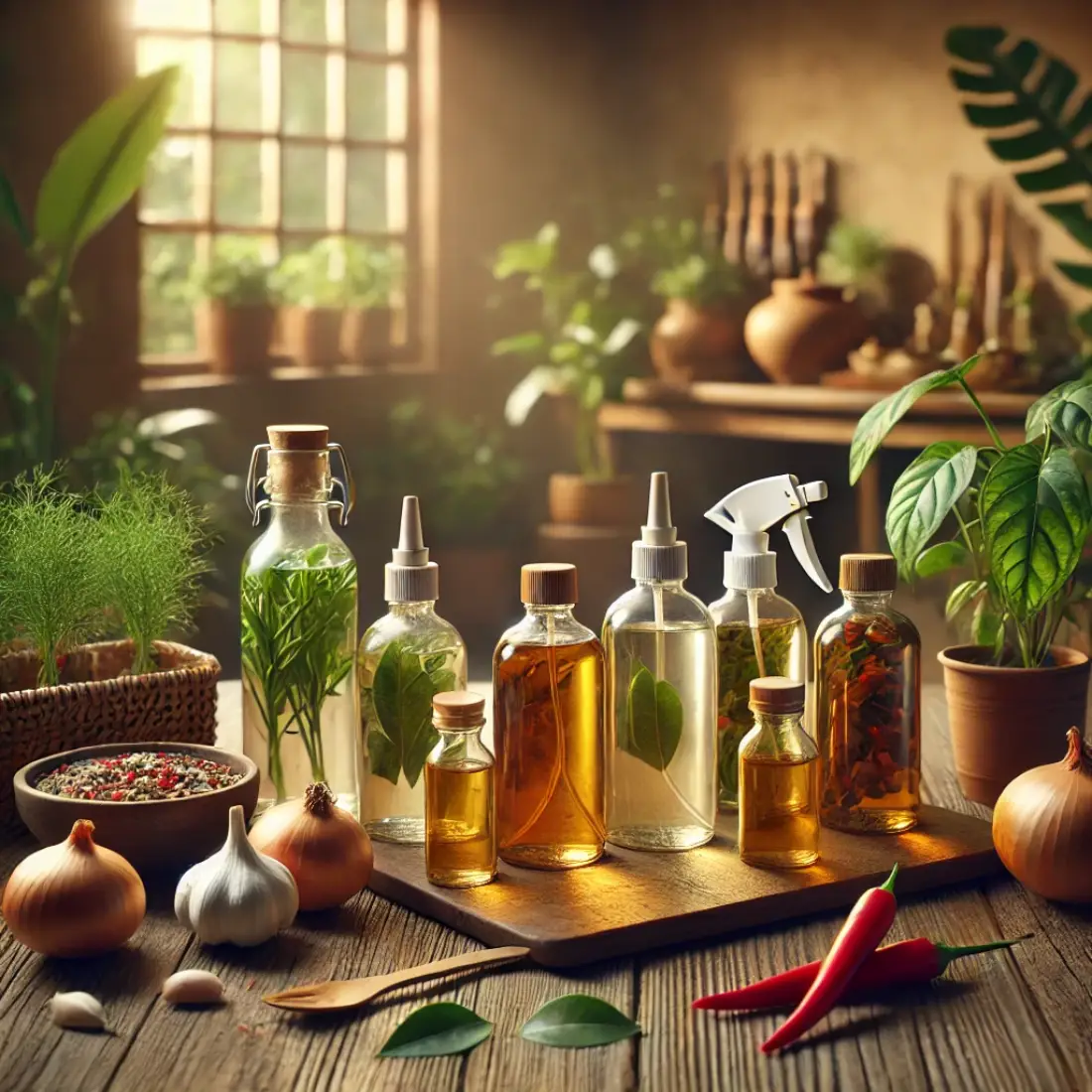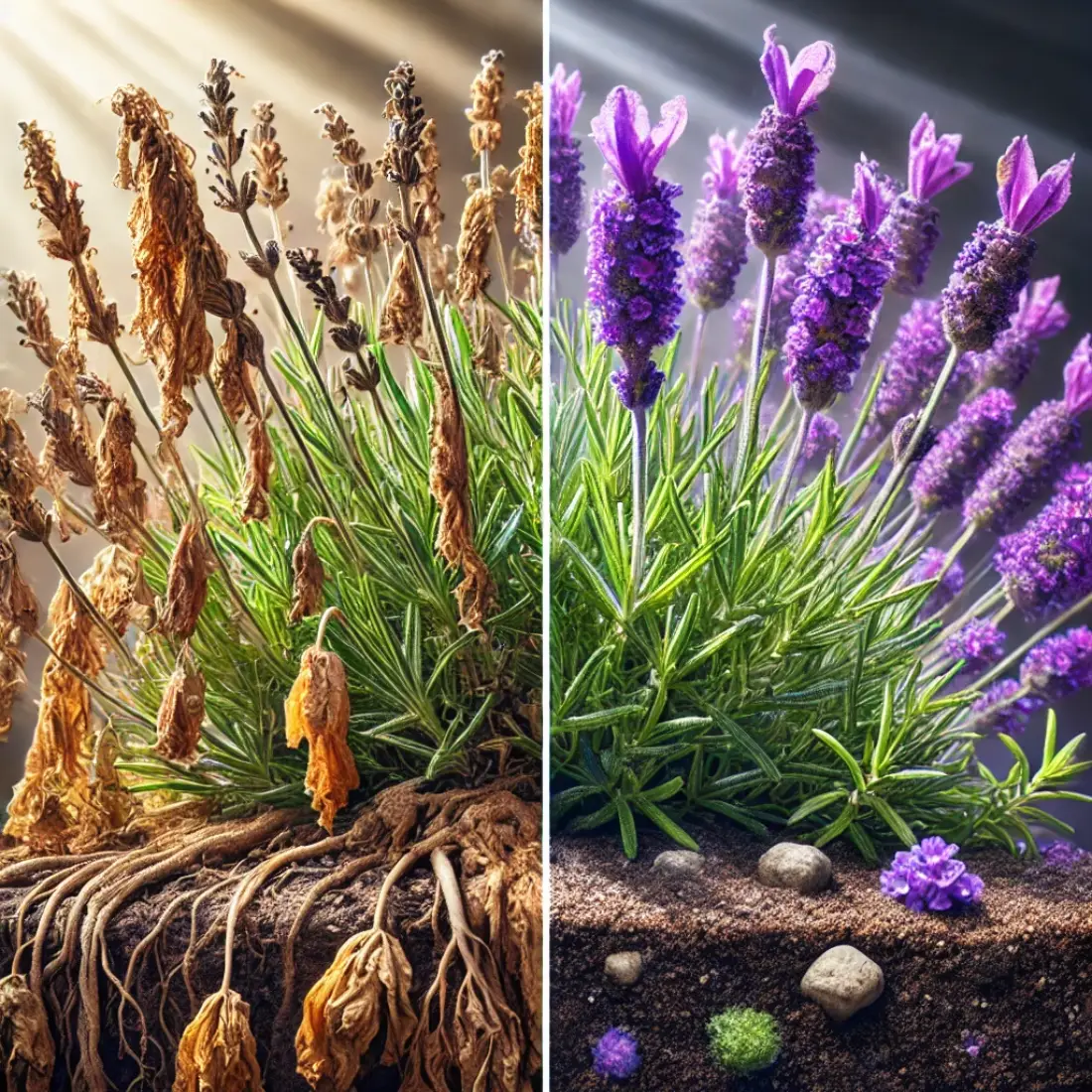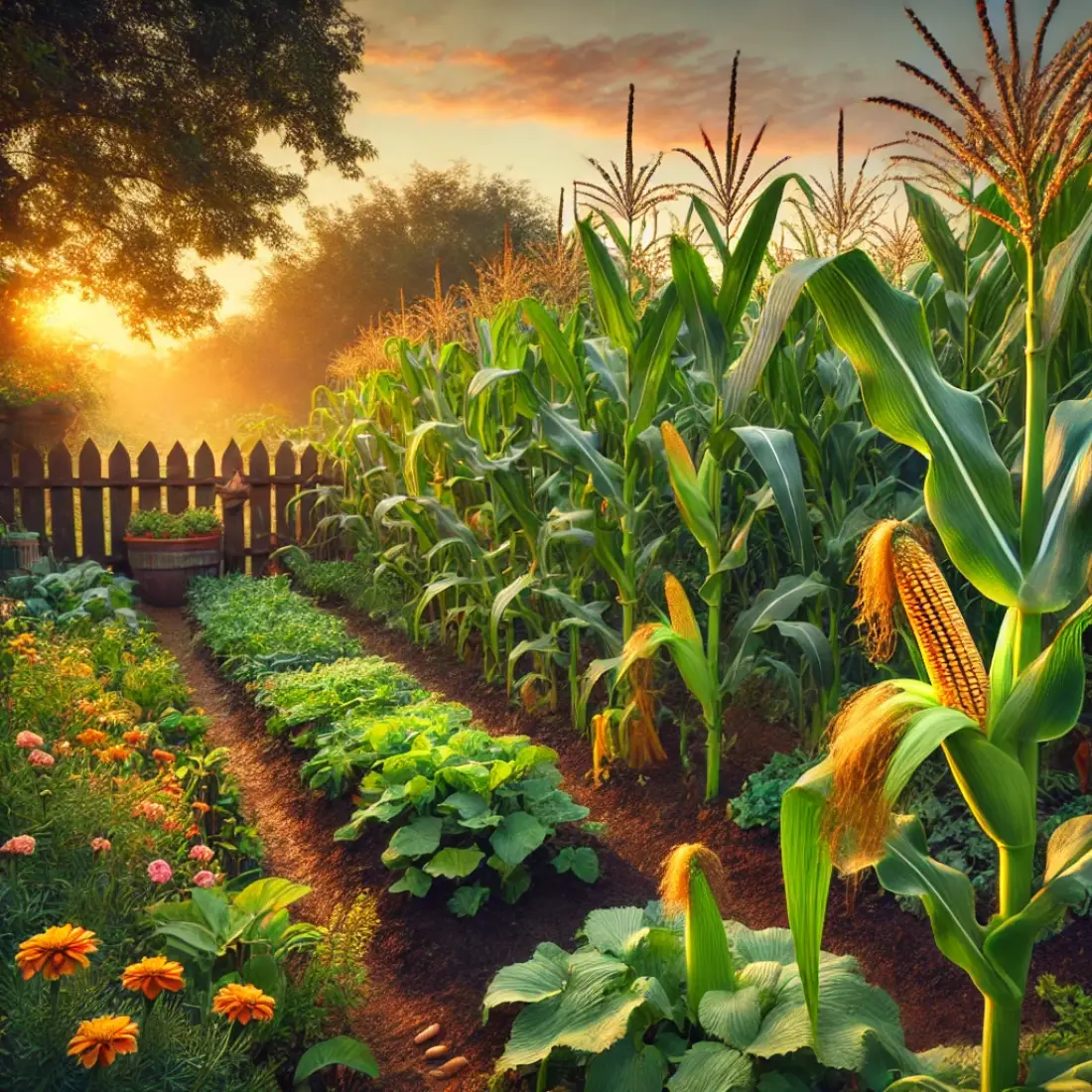Alfalfa meal is an organic fertilizer derived from the alfalfa plant, which has gained popularity for its numerous benefits in gardening. Alfalfa meal is a nutrient-rich amendment that provides an array of essential elements, including nitrogen, phosphorus, potassium, trace minerals, vitamins, and amino acids, which are vital for healthy plant growth.
Alfalfa meal stands out as a versatile and environmentally friendly option for gardeners. Its natural composition not only boosts soil fertility but also fosters a thriving ecosystem within the soil. By enhancing microbial activity and improving soil structure, alfalfa meal supports robust plant development and resilience.
- Nutrient-Rich: Provides essential nutrients: nitrogen, phosphorus, potassium, trace minerals, vitamins, and amino acids.
- Soil Health: Enhances microbial activity and improves soil structure.
- Plant Growth: Promotes root development and boosts flower and fruit production.
- Eco-Friendly: Sustainable and reduces reliance on chemical fertilizers.
- Versatile Use: Effective as a soil amendment, compost activator, and liquid fertilizer (alfalfa tea).
- Wide Applicability: Suitable for vegetable gardens, flower gardens, lawns, and container gardens.
- Proper Application: Follow recommended rates to avoid nutrient imbalances and consider balancing with other fertilizers.
Composition of Alfalfa Meal
Primary Nutrients: Nitrogen (N): Promotes leaf growth; Phosphorus (P): Supports root and flower development; Potassium (K): Enhances overall plant health.
Secondary Nutrients: Calcium (Ca): Strengthens cell walls; Magnesium (Mg): Crucial for photosynthesis; Sulfur (S): Aids in protein synthesis.
Trace Minerals: Iron (Fe), Zinc (Zn), Copper (Cu), Manganese (Mn), Boron (B), Molybdenum (Mo): Essential for various plant functions; Vitamins and Amino Acids: Contains vitamins A, B1, B2, B5, B6, E, and essential amino acids; Organic Matter: Improves soil structure and microbial activity.
Application Methods for Alfalfa Meal
Soil Amendment:
- Mixing with Soil: Incorporate alfalfa meal into the soil before planting to boost nutrient content.
- Top Dressing: Spread around existing plants to provide ongoing nutrients.
Compost Activator:
- Enhances Decomposition: Add to compost piles to speed up decomposition and enrich the compost with nutrients.
Liquid Fertilizer:
- Alfalfa Tea: Steep alfalfa meal in water for several days, then use the liquid to water plants for a quick nutrient boost.
Application Rates:
- Follow recommended rates: Typically 2-5 pounds per 100 square feet of garden space.
Specific Uses in Different Types of Gardens
Vegetable Gardens:
- Soil Preparation: Mix alfalfa meal into the soil before planting vegetables to enhance fertility.
- Boost Growth: Apply as a top dressing to provide continuous nutrients, especially for nutrient-demanding vegetables like tomatoes, peppers, and leafy greens.
Flower Gardens:
- Improved Blooms: Use alfalfa meal to promote vibrant and abundant flowers. Apply to the soil around flowering plants like roses, daisies, and marigolds.
- Soil Enrichment: Incorporate into the soil to improve structure and nutrient content, supporting overall flower health.
Lawns:
- Lush Green Lawns: Spread alfalfa meal evenly over the lawn to promote lush, green growth and improve soil health.
- Seasonal Application: Use in early spring and fall to boost lawn vigor and resilience.
Container Gardens:
- Potted Plants: Mix alfalfa meal into potting soil for container plants to provide essential nutrients.
- Continuous Feeding: Apply as a top dressing for potted plants to maintain nutrient levels throughout the growing season.
Considerations and Precautions for Using Alfalfa Meal
Proper Dosage and Frequency:
- Recommended Rates: Generally, use 2-5 pounds per 100 square feet of garden space.
- Application Frequency: Apply 1-2 times per growing season for most garden types. For lawns, early spring and fall applications are ideal.
Potential Risks:
- Over-Application: Excessive use can lead to nutrient imbalances and potentially harm plants. Stick to recommended rates.
- Nitrogen Burn: High nitrogen content can cause “burn” if over-applied, particularly on young or sensitive plants.
Balancing with Other Fertilizers:
- Nutrient Balance: Alfalfa meal is rich in many nutrients but may need to be supplemented with other fertilizers for specific nutrient deficiencies.
- Comprehensive Soil Testing: Conduct soil tests to determine existing nutrient levels and tailor fertilizer applications accordingly.
Application Timing:
- Pre-Planting: Incorporate into the soil a few weeks before planting to allow nutrients to become available.
- Growing Season: Apply as a top dressing during the growing season to support ongoing plant growth.
Environmental Considerations:
- Organic Certification: Ensure the alfalfa meal used is certified organic if you are maintaining organic gardening practices.
- Sustainable Sourcing: Use alfalfa meal from sustainably managed sources to support environmentally friendly practices.
FAQs about Alfalfa Meal
What is alfalfa meal?
Alfalfa meal is an organic fertilizer made from dried and ground alfalfa plants, rich in essential nutrients like nitrogen, phosphorus, potassium, and various trace minerals.
How do I use alfalfa meal in my garden?
Alfalfa meal can be mixed into the soil before planting, used as a top dressing around existing plants, added to compost piles as an activator, or made into a liquid fertilizer (alfalfa tea).
What are the benefits of using alfalfa meal?
Benefits include enhanced soil fertility, improved soil structure, stimulated microbial activity, healthier plant growth, increased flower and fruit production, and support for sustainable gardening practices.
How much alfalfa meal should I use?
Generally, apply 2-5 pounds per 100 square feet of garden space. Follow specific recommendations based on plant type and garden size, and avoid over-application.
Can I use alfalfa meal on all types of plants?
Yes, alfalfa meal is versatile and suitable for a wide range of plants, including vegetables, flowers, lawns, and container plants. However, it’s essential to follow proper application rates.
What is alfalfa tea, and how do I make it?
Alfalfa tea is a liquid fertilizer made by steeping alfalfa meal in water for several days. To make it, mix 1 cup of alfalfa meal with 5 gallons of water, let it steep for 3-5 days, and then use the liquid to water plants.
Is alfalfa meal safe for organic gardening?
Yes, alfalfa meal is an organic and natural fertilizer that is safe for use in organic gardening practices.
Can alfalfa meal burn my plants?
Over-application can lead to nutrient imbalances and potential nitrogen burn. It’s crucial to stick to recommended application rates to avoid harming plants.
How often should I apply alfalfa meal to my garden?
Apply alfalfa meal 1-2 times per growing season for most garden types. For lawns, it’s best to apply in early spring and fall.
Where can I buy alfalfa meal?
Alfalfa meal is available at garden centers, nurseries, and online retailers. Ensure you purchase from reputable sources, especially if you need it to be certified organic.

